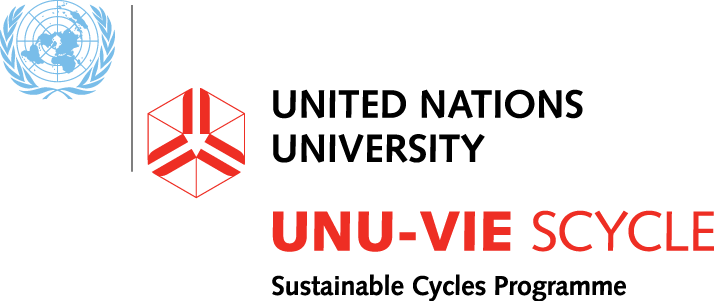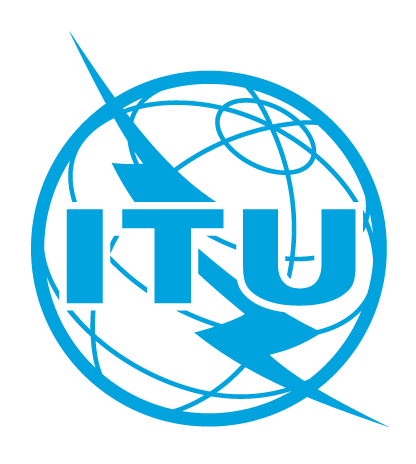About
The E-Waste monitors are developed and supported by the following organizations:
Unitar, United Nations Institute for Training and Research
The United Nations Institute for Training and Research (UNITAR) provides innovative learning solutions to individuals, organizations and institutions to enhance global decision-making and support country-level action for shaping a better future.
UNITAR was created in 1963 to train and equip young diplomats from newly-independent UN Member States with the knowledge and skills needed to navigate through the diplomatic environment.
Over the years, UNITAR has acquired unique expertise and experience in designing and delivering a variety of training activities. We have become a leading institute in the provision of customized and creative learning solutions to institutions and individuals from both public and private sectors.
With a strategy fully focused on achieving the Sustainable Development Goals (SDGs), UNITAR supports Governments to implement the 2030 Agenda.

UNU-ViE Sustainable Cycles (SCYCLE)
The Sustainable Cycles (SCYCLE) Programme co-hosted at the United Nations University (UNU) and United Nations Institute for Training and Research (UNITAR) and the International Telecommunication Union (ITU joined forces to create the Global e-waste Statistics Partnership (GESP). Its main objectives are to improve and collect worldwide e-waste statistics in an internationally standardised way. The Partnership will also raise visibility on the importance of tracking e-waste, and deliver capacity building workshops. In July 2020, the GESP published the Global E-waste Monitor 2020, now it its third edition, which shows continued global growth in the generation of e-waste. Also Regional E-waste Monitors are co-developed under this Partnership. National E-waste Monitors are mainly authored by the SCYCLE team.

ITU, The International Telecommunication Union
The International Telecommunication Union (ITU) is the leading United Nations agency for information and communication technologies (ICTs), driving innovation in ICTs together with 193 member states and a membership of nearly 800 private sector entities and academic institutions. Established over 150 years ago in 1865, ITU is the intergovernmental body responsible for coordinating the shared global use of the radio spectrum, promoting international cooperation in assigning satellite orbits, improving communication infrastructure in the developing world, and establishing the worldwide standards that foster the seamless interconnection of a vast range of communications systems. From broadband networks to cutting-edge wireless technologies, aeronautical and maritime navigation, radio astronomy, oceanographic and satellitebased earth monitoring, as well as converging fixed-mobile phone, Internet and broadcasting technologies, ITU is committed to connecting the world.
www.itu.int
